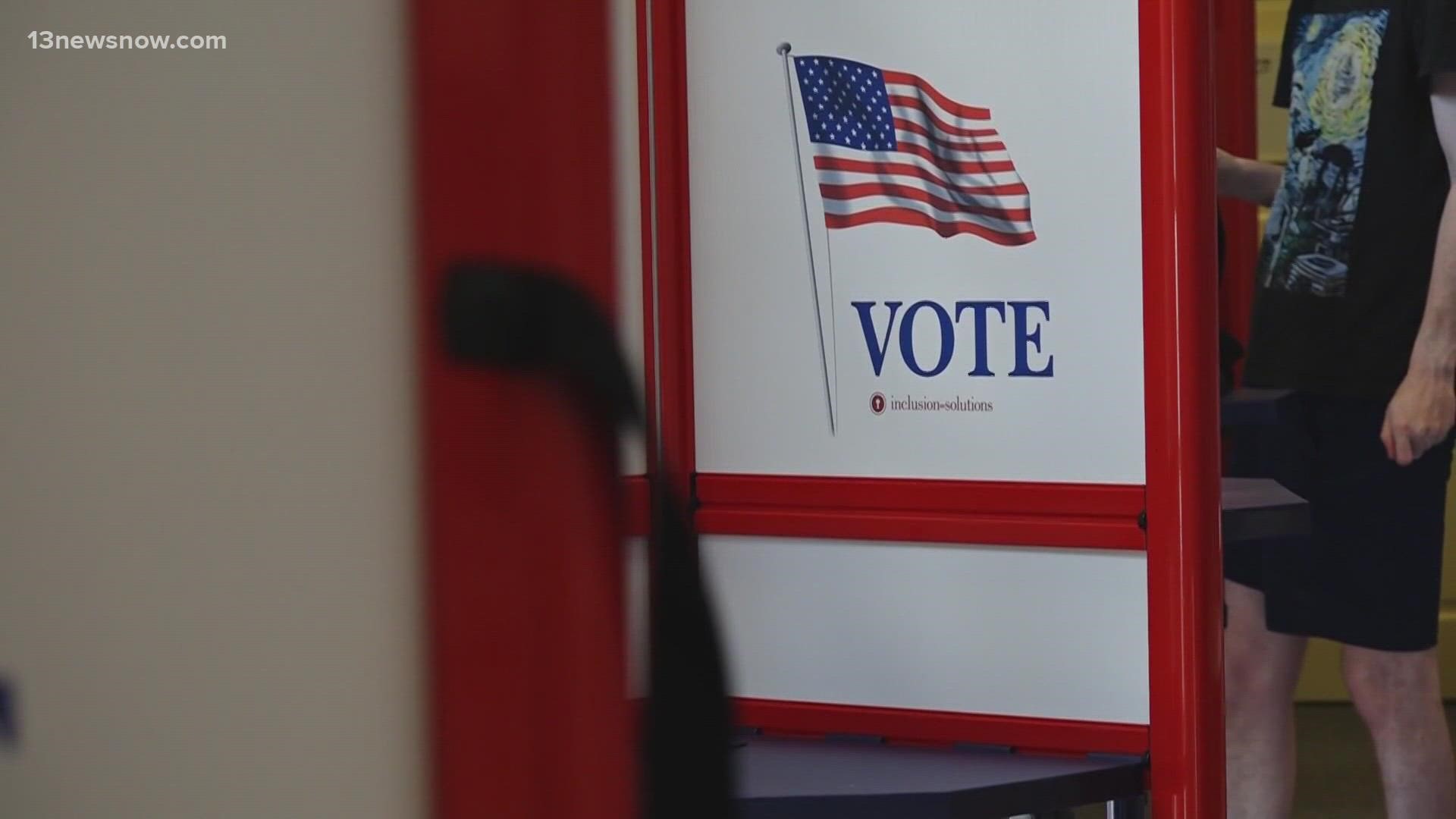VIRGINIA BEACH, Va. — It's the false claim that has spread straight from the 2020 election to the midterms a few short weeks away--former President Donald Trump's claim that he won the election.
Candidates who won't say that Joe Biden was fairly elected, afraid to offend parts of Trump's most loyal base, are appearing on ballots nationwide.
According to the Washington Post, 291 so-called election deniers are running for office, including Virginia's 2nd Congressional District candidate Republican State Sen. Jen Kiggans.
Kiggans faces Democratic incumbent Elaine Luria on November 8.
"She's been asked several times about it, but she has never really gone on record saying one way or another, right, so if you go off the Washington Post's metric, for that they would consider her an election denier," Assistant ODU Political Science Professor Dr. Ben Melusky said.
After being pressed on the issue, Kiggans said at a debate in Smithfield Monday night that Joe Biden is the president and is destroying the country.
She has not said whether she thinks he was fairly elected.
The research director for Christopher Newport University's Wason Center for Civic Leadership believes most of the election deniers know better.
"They know better. Some of them may truly believe it but most of them are probably saying it because they have a voter base that they think they need to energize and hear that from them," said Dr. Rebecca Bromley-Trujillo.
Wednesday, Virginia Gov. Glenn Youngkin is campaigning for Arizona Republican gubernatorial candidate Kari Lake who has been very vocal about denying the 2020 election.
Dr. Trujillo worries about a growing threat to democracy.
"It harms our trust. It harms our acceptance of elections," she said.
Dr. Melusky points to Gallup polling that shows most voters are more concerned about the economy, inflation and education than election deniers. While he's less concerned about the fate of Americans' democracy, he notes many voters are justifiably concerned.
"It does bring into question, at least in the minds of some voters that what is the state of our democracy. Is it strong?"

